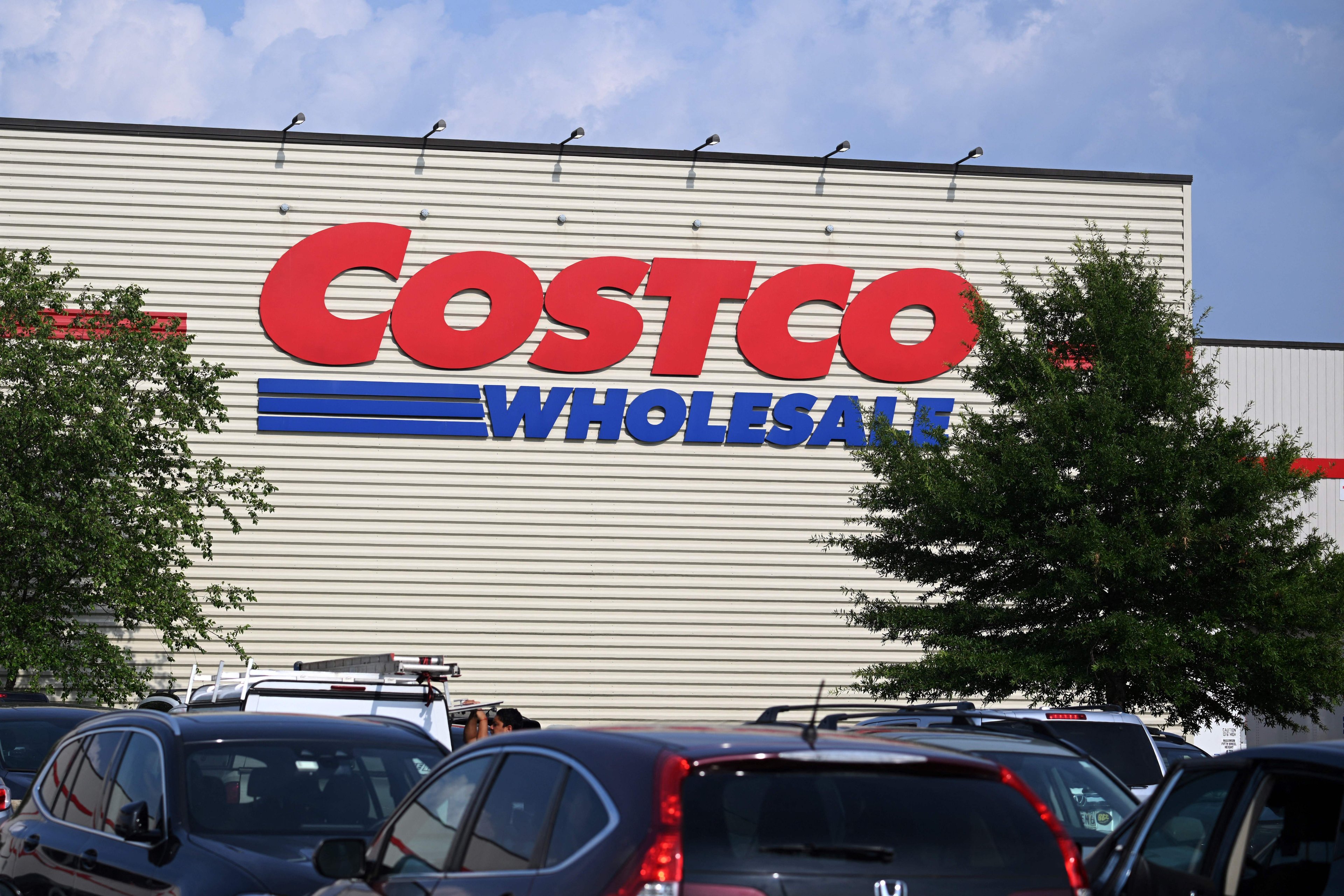For many years, Costco Wholesale (COST +0.32%) has stood out in the retail industry for its strong employee relations. Politicians -- especially Democrats -- have repeatedly praised Costco for paying better wages than other mass retailers like Wal-Mart (WMT 0.76%).
Yet it appears that even one of the most employee-friendly businesses in America is not immune to criticism. Costco is facing rising discontent over retirement benefits among its relatively small unionized workforce. The company will have to make tough choices in the near future as it tries to balance protecting the bottom line against maintaining its reputation as a labor-friendly employer.
President Obama loves Costco
The average employee at a Costco store makes more than $20/hour before overtime and benefits. Meanwhile, even after two major pay increases at Wal-Mart since the beginning of 2015, the average hourly wage for full-time workers there is $13.38/hour. And Costco just raised its starting wages earlier this month to ensure that it stays ahead of the pack.

The average wage at Wal-Mart is $13.38/hour.
Costco's generous pay won the company effusive praise from President Obama in his 2014 State of the Union address. High wages help to keep employees happy. On Glassdoor.com, which allows workers to rate their employers, Costco receives 3.9 out of five stars, whereas Wal-Mart gets just 3.1 out of five stars.
Costco executives believe that keeping employees happy is worth the cost, as it leads to lower turnover, higher productivity, and better customer service. Thus, it's not surprising that Obama pointed to Costco as a model that other businesses should follow as he advocated for a higher minimum wage.
The Teamsters rock the boat
Even though most workers agree that Costco is a great place to work, some aren't happy with the company right now. The Teamsters union, which represents about 16,000 Costco employees, recently recommended that its members reject Costco's "last, best and final" contract offer. (Most of Costco's 200,000-plus employees are not unionized.)
Today, the bulk of the union's members work at Costco locations in California. These workers have a union-administered defined benefit pension plan, and they want the company to make a higher contribution to the plan.

The Teamsters union wants better retirement benefits for its members.
Meanwhile, the 3,500 East Coast union members currently have a 401(k) defined contribution plan. However, the Teamsters want Costco to allow the East Coast union members to join the California workers' defined benefit plan.
There's a reason why employers have shifted en masse over the past few decades from offering defined benefit plans to relying on 401(k) plans. Defined benefit plans give employees more security in retirement, but are very risky for the companies that sponsor them. If investment results are worse than expected, or retirees live longer than expected, a defined benefit plan sponsor can find itself on the hook for billions of dollars of unplanned contributions.
Hoping for an amicable resolution
Even in expressing its opposition to Costco's contract offer, the Teamsters union noted that most aspects of the wage offer seemed fair. The union and its members recognize that, no matter what the outcome of this disagreement, Costco employees will be much better off than most retail workers in the U.S.
However, if the company and the union have truly reached an impasse, this dispute could still escalate. Costco isn't used to disruptions like picketing workers, let alone a strike. Investors have to hope that the company will be able to placate the Teamsters eventually, without giving up too much in return.





